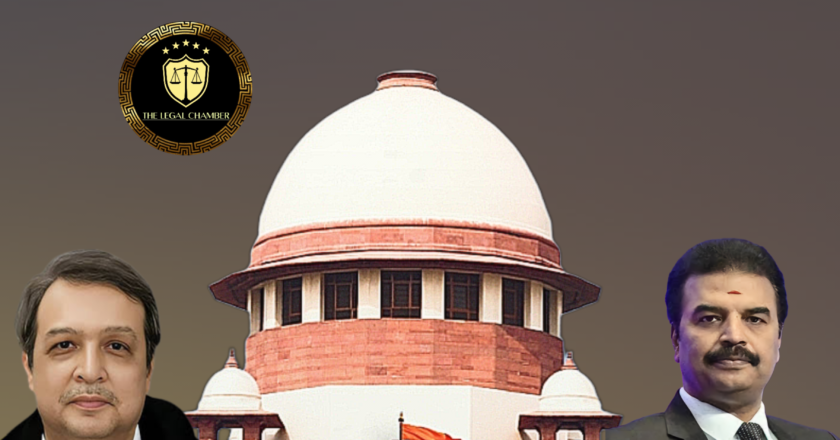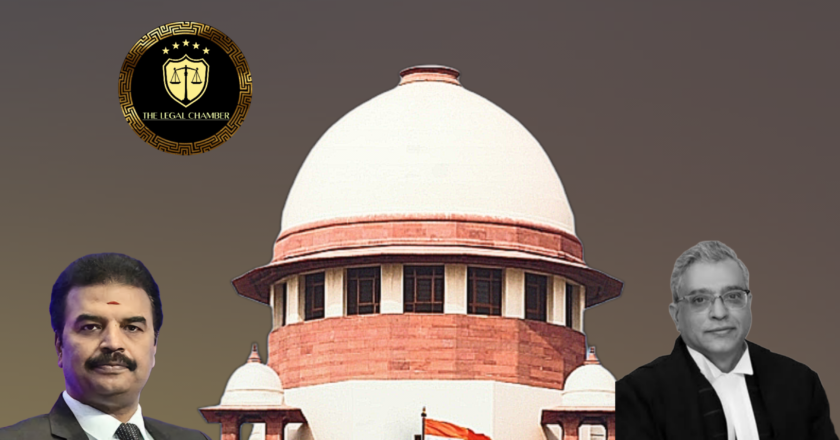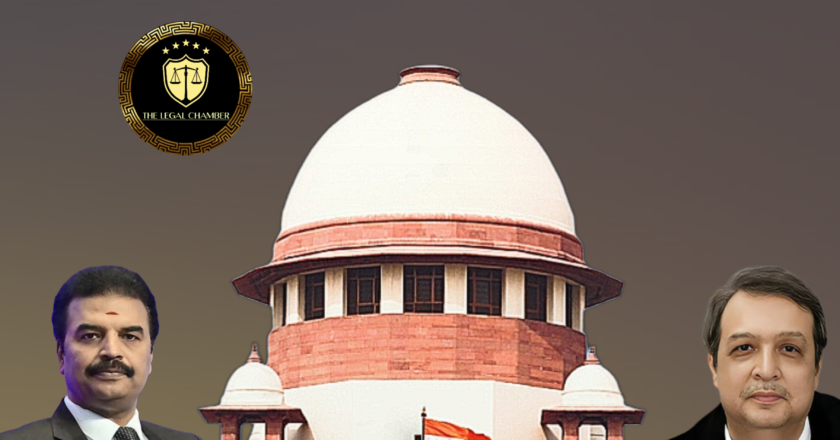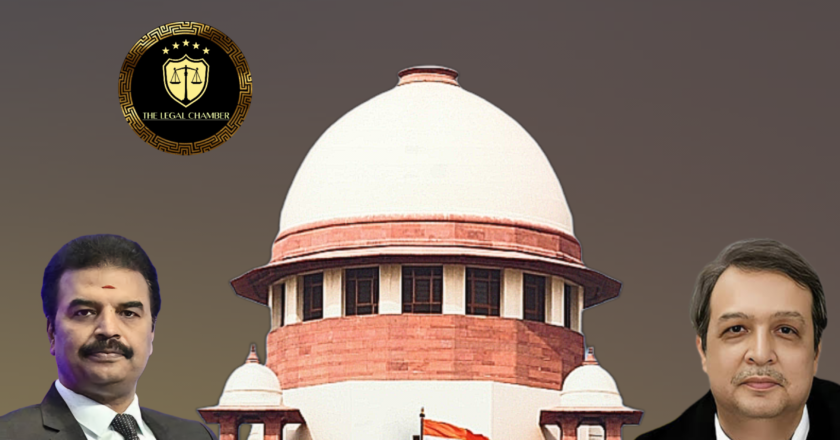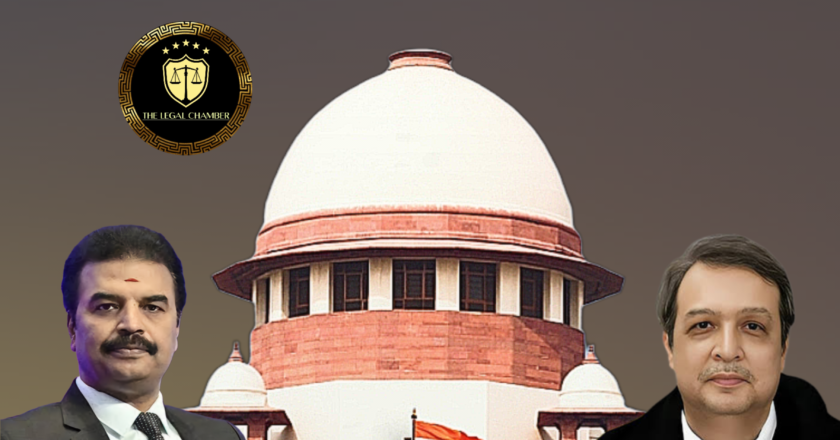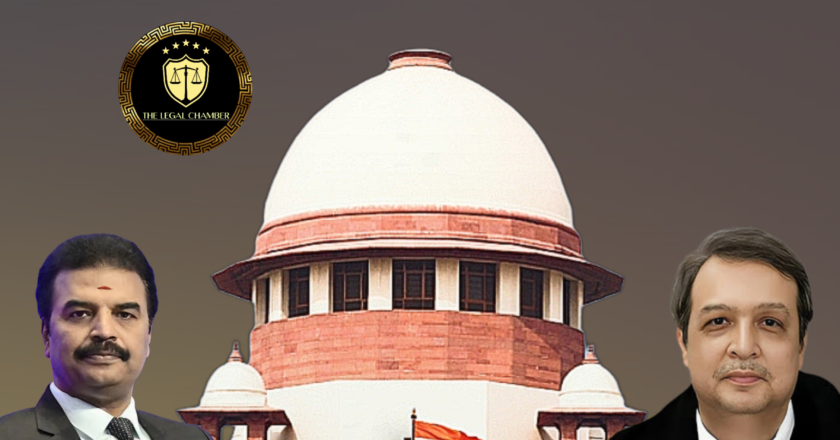Supreme Court Clarifies GST Law: When Can Central and State Authorities Investigate the Same Case?
The Supreme Court held that the issuance of a summons under Section 70 of the CGST Act does not constitute the "initiation of proceedings" under Section 6(2)(b). The bar against parallel proceedings is triggered only upon the issuance of a show-cause notice, which formally crystallizes the subject matter and commences adjudication.
Facts Of The Case:
The petitioner, M/S Armour Security (India) Ltd., a company providing security services, was issued a show-cause notice dated 18.11.2024 by the State GST authority (Respondent No. 2) under Section 73 of the CGST Act. This notice raised a tax demand for the period April 2020-March 2021 on grounds of under-declared tax and excess Input Tax Credit (ITC) claims. Subsequently, on 16.01.2025, the Central GST authority (Respondent No. 1) conducted ...
